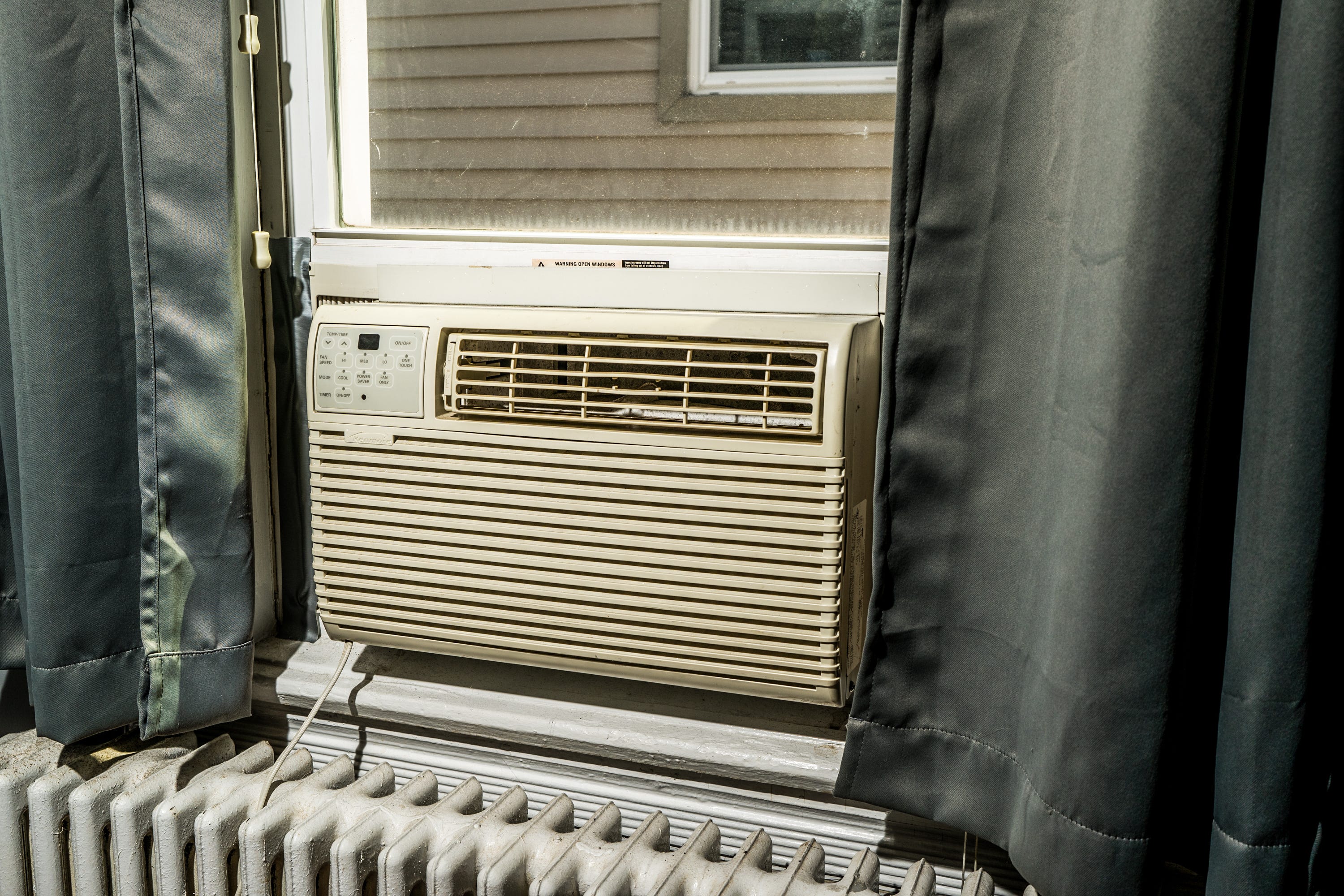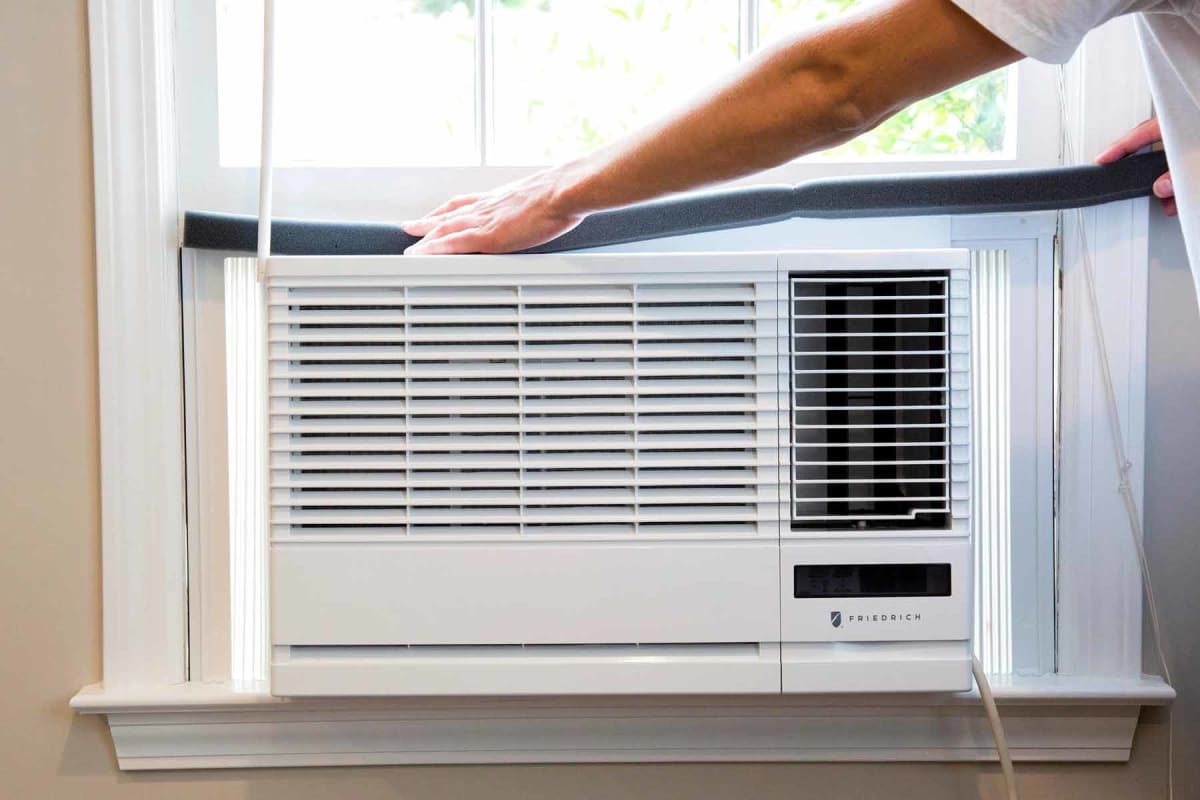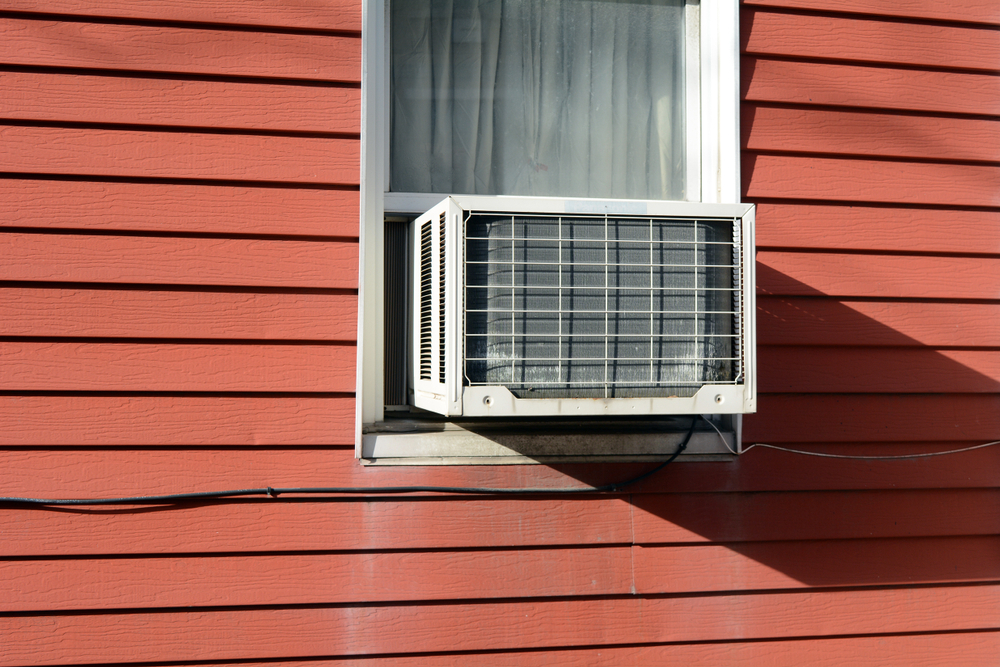How Long Do Window Air Conditioners Last

Frequently Asked Questions: Window Air Conditioner Lifespan
Window air conditioners offer a convenient and cost-effective way to cool individual rooms. But how long can you expect these appliances to last? This FAQ addresses common questions about the lifespan of window AC units, helping you understand factors influencing their longevity and how to maximize their performance.
Question 1: How long do window air conditioners typically last?
On average, a well-maintained window air conditioner will last between 8 and 10 years. However, this is just an estimate. Several factors, including usage, maintenance, and the quality of the unit, can significantly affect its lifespan. Some units might last only 5-7 years, while others could potentially reach 12 years or more. Regular cleaning and proper storage during the off-season are crucial for extending the life of your AC unit.
Question 2: What factors affect the lifespan of a window AC unit?
Several factors can influence how long your window air conditioner lasts. These include:
- Usage: The more frequently and intensely you use the AC, the shorter its lifespan may be. Constant operation, especially at maximum cooling capacity, puts more stress on the components.
- Maintenance: Regular cleaning of the filters and coils is essential. Neglecting maintenance leads to reduced efficiency, increased strain on the unit, and premature failure.
- Quality: Higher-quality units, often with better components and construction, generally last longer than cheaper models. Investing in a reputable brand can pay off in the long run.
- Environmental Conditions: Exposure to harsh elements like extreme heat, humidity, and pollution can degrade the unit's components. Coastal environments with salt air can be particularly damaging.
- Installation: Improper installation can cause undue stress on the unit and shorten its lifespan. Ensure the unit is properly supported and sealed to prevent air leaks and water damage.
- Voltage Fluctuations: Frequent power surges or voltage drops can damage the compressor and other electrical components. Consider using a surge protector to safeguard your AC unit.
Question 3: How can I tell if my window AC unit is nearing the end of its life?
Several signs indicate that your window AC unit is nearing the end of its life and may need to be replaced. Look out for these common warning signs:
- Reduced Cooling Performance: The unit struggles to cool the room, even when set to a low temperature. You might notice longer cooling cycles and warmer air coming from the vents.
- Increased Energy Bills: If your electricity bills are significantly higher than usual, even though your usage patterns haven't changed, it could indicate that your AC unit is operating inefficiently.
- Strange Noises: Unusual sounds like rattling, grinding, or buzzing can signal internal problems. These noises often indicate worn-out components that need replacement.
- Frequent Repairs: If you're constantly calling a technician for repairs, it might be more cost-effective to replace the unit altogether.
- Leaking Water: Excessive water leaks, even after cleaning the drain, can indicate a serious problem with the unit's internal components.
- Unpleasant Odors: Musty or moldy smells coming from the unit can be a sign of mold growth inside, which can be difficult and costly to remove.
- Age: If your unit is 8-10 years old or older, it's likely nearing the end of its expected lifespan, even if it's still functioning reasonably well.
Question 4: What maintenance can I perform to extend the lifespan of my window AC unit?
Regular maintenance is crucial for prolonging the life of your window AC unit. Here are some essential maintenance tasks you should perform:
- Clean the Air Filter Regularly: This is the most important maintenance task. Clean the filter at least once a month, or more frequently if you have pets or allergies. A dirty filter restricts airflow, forcing the unit to work harder and reducing its efficiency. You can usually clean the filter with soap and water or a vacuum cleaner.
- Clean the Coils: The coils (both evaporator and condenser coils) can accumulate dust and debris, reducing their ability to transfer heat. Clean the coils at least once a year using a coil cleaner specifically designed for AC units. Be gentle to avoid damaging the delicate fins.
- Check and Clean the Drain: Ensure the drain is clear of obstructions to prevent water from backing up and leaking. You can use a pipe cleaner or a small brush to clear the drain.
- Inspect the Seals: Check the seals around the window and the unit for any gaps or cracks. Seal any leaks with weather stripping or caulk to prevent air from escaping and reduce energy waste.
- Straighten Bent Fins: If the fins on the coils are bent, use a fin comb to gently straighten them. Bent fins restrict airflow and reduce cooling efficiency.
- Lubricate Moving Parts: Some AC units have moving parts that require lubrication. Check the manufacturer's instructions for specific recommendations.
- Professional Servicing: Consider having your AC unit professionally serviced every few years. A technician can inspect the unit, clean it thoroughly, and identify any potential problems before they become major issues.
Question 5: Is it worth repairing an old window AC unit, or should I replace it?
Deciding whether to repair or replace an old window AC unit depends on several factors, including the age of the unit, the cost of repairs, and the potential energy savings from a new unit. Here's a general guideline:
- If the unit is less than 5 years old and the repair cost is relatively low (e.g., less than 50% of the cost of a new unit), it's usually worth repairing.
- If the unit is between 5 and 8 years old, weigh the repair cost against the potential energy savings from a new, more efficient unit. If the repair is expensive (e.g., replacing the compressor) or if the unit is operating inefficiently, replacement may be the better option.
- If the unit is 8 years old or older, replacement is generally recommended. Even if the repair cost is relatively low, the unit is likely nearing the end of its lifespan, and you'll likely experience further problems soon. A new unit will be more energy-efficient and reliable, saving you money in the long run.
Consider these additional factors when making your decision:
- Energy Efficiency: Newer AC units are significantly more energy-efficient than older models. A new unit can save you a significant amount of money on your electricity bills over its lifespan. Look for units with a high Energy Efficiency Ratio (EER) or Seasonal Energy Efficiency Ratio (SEER).
- Refrigerant Type: Older AC units may use R-22 refrigerant, which is being phased out due to its environmental impact. If your unit needs refrigerant, and R-22 is required, the cost of recharging the unit may be very high or even impossible in some areas. Replacing the unit with one that uses a more environmentally friendly refrigerant (like R-410A) is a better option.
- Warranty: A new AC unit comes with a warranty, providing you with peace of mind and protection against potential defects.
Question 6: How can I prepare my window AC unit for the off-season to prolong its life?
Proper storage during the off-season is crucial for protecting your window AC unit and extending its lifespan. Follow these steps to prepare your unit for storage:
- Clean the Unit Thoroughly: Before storing the unit, clean it thoroughly, including the air filter, coils, and exterior. Remove any dust, dirt, or debris.
- Dry the Unit Completely: Ensure the unit is completely dry before storing it to prevent mold and mildew growth. You can run the fan for a few hours to help dry the internal components.
- Remove the Unit from the Window: Carefully remove the unit from the window, following the manufacturer's instructions.
- Store the Unit in a Dry, Protected Location: Store the unit in a dry, protected location, such as a garage, basement, or storage shed. Avoid storing the unit in damp or humid environments.
- Cover the Unit: Cover the unit with a plastic sheet or a tarp to protect it from dust, dirt, and pests.
- Store the Unit Upright: Store the unit in an upright position to prevent oil from leaking out of the compressor.
- Seal the Window Opening: Seal the window opening with insulation or plastic sheeting to prevent drafts and heat loss.
Question 7: Are there any specific brands of window AC units that are known for their longevity?
While individual unit lifespan varies, some brands are generally known for their quality and reliability. Brands like Frigidaire, LG, GE (General Electric), and Whirlpool are often cited for producing durable window AC units. However, reading reviews and comparing specific models within each brand is essential. Factors like the materials used, the construction quality, and the efficiency of the components all contribute to a unit's overall longevity. Investing in a unit with a good warranty can also provide added peace of mind.
Ultimately, the lifespan of your window AC unit depends on a combination of factors, including the quality of the unit, how well you maintain it, and how you use it. By following the tips outlined in this FAQ, you can help extend the life of your AC unit and keep it running efficiently for years to come. Remember that regular maintenance is key to maximizing the value of your investment.










